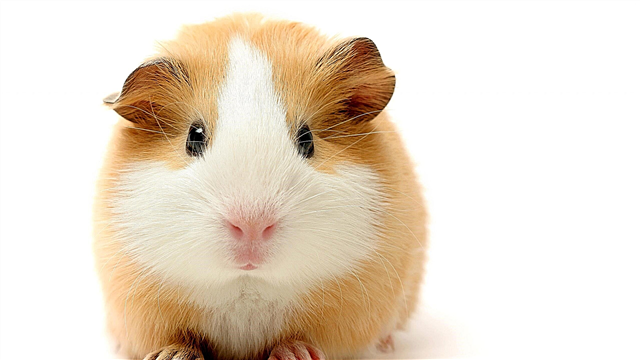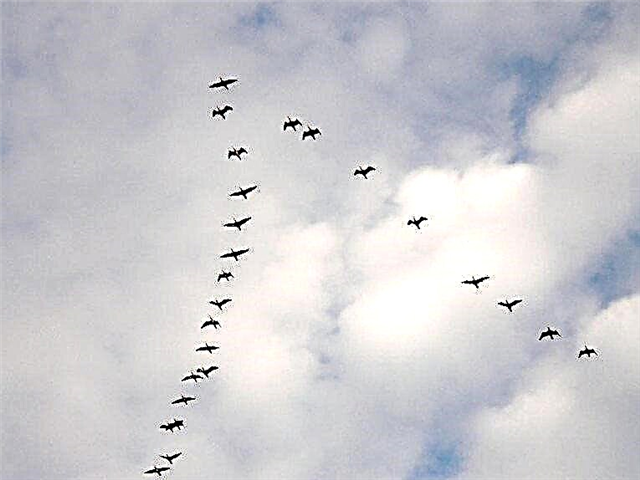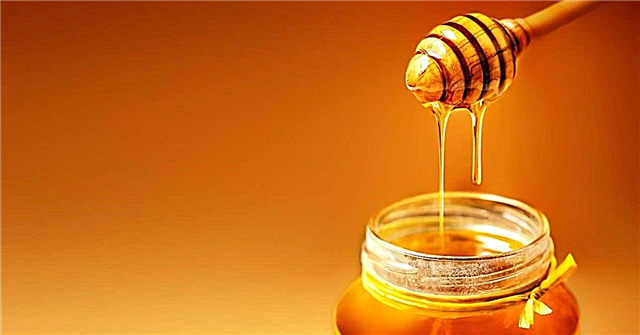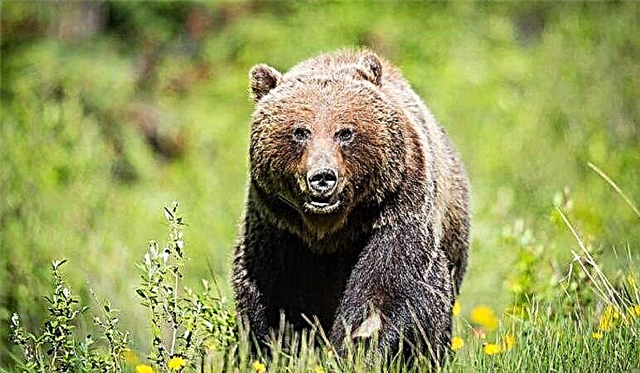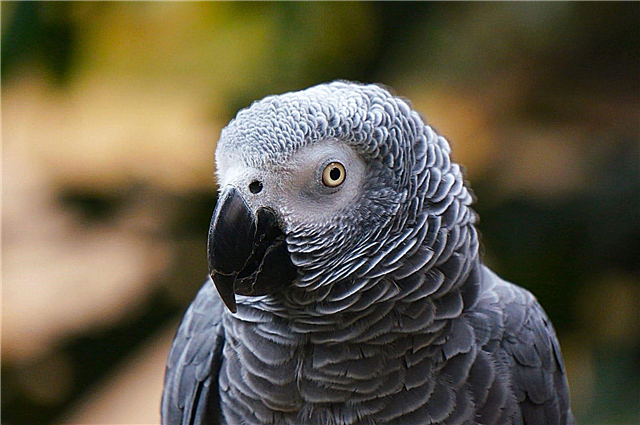
Bees are highly organized insects. They are frequent characters in fairy tales and cartoons.
Honey and bees
People have a natural question: “Why do bees produce much more honey than is required for nutrition and survival?” The thing is that these insects simply can not accurately determine the right amount, which is enough for wintering. The larger the stock, the more confident the family feels. This is the key to food safety. Worthy bins are an opportunity to grow a large number of individuals. Having enough honey is a new swarm. It is in population growth that the secret of survival in the natural environment lies. Such a species will never die out.
Interesting fact: every third spoon of food that a person consumes directly or indirectly depends on the bees. The main task of these insects is pollination of vegetation. And it’s not necessarily vegetables and fruits. Cows eat herbs and leaves, they give milk and meat. Bees participate in the production of food worth 560 billion dollars a year! Their painstaking work is an important ecological link in the whole planet.
Much more will depend on how much sweet product can fit on the walls of the nest. For decades, domestic bees have been able to go through a lengthy selection process. This significantly increased their productivity. There is enough honey for both the family and the owner of the hive. An experienced beekeeper always puts the maximum number of frames in an insect house.
The enlarged surface of the inner plane forces the bees to give all their best. And the owner repeatedly withdraws the surplus, provoking the inhabitants of the hive for new labor achievements. And do not forget about mammals, birds and other insects: they all strive to feed themselves at someone else's expense. They take not only honey, but also wax.
Any bee is guided by a natural instinct. If there is free space in the home, it must be filled. And these insects are not able to conduct mathematical calculations!


